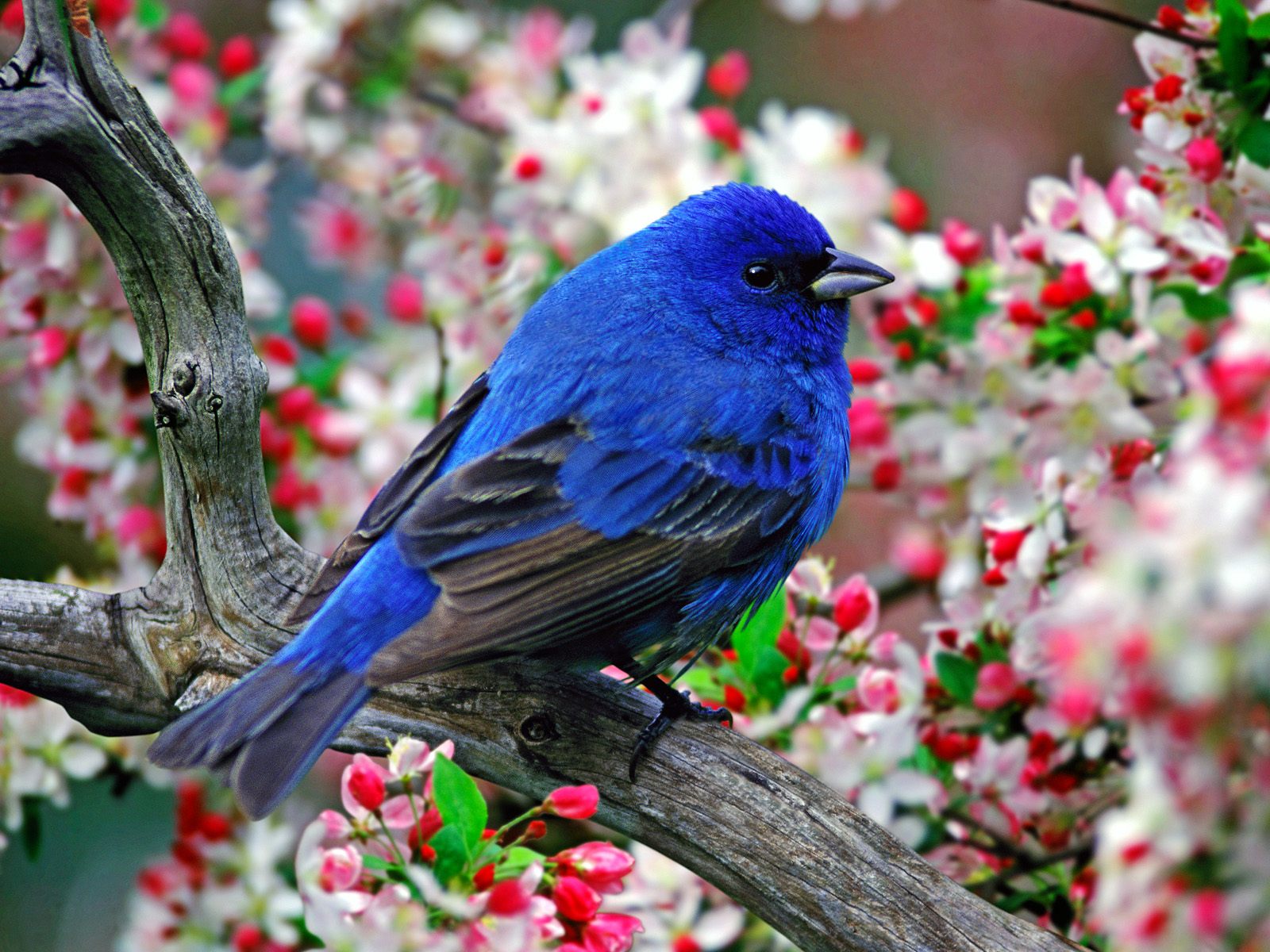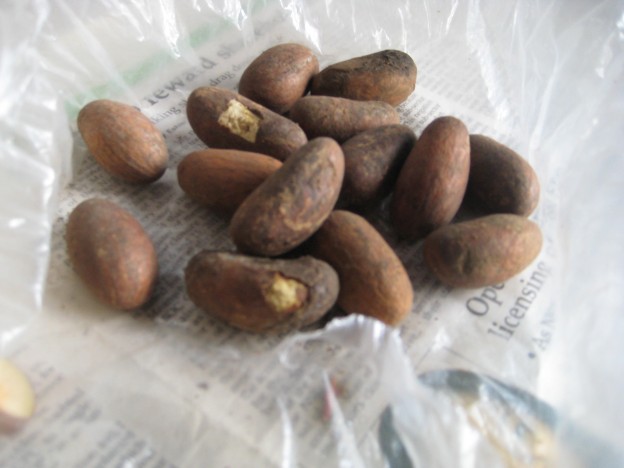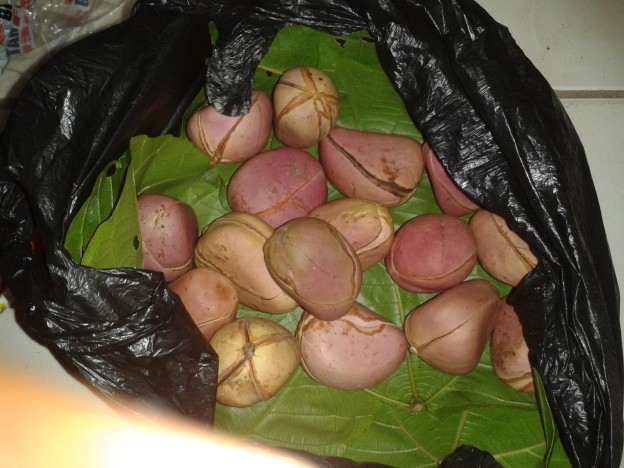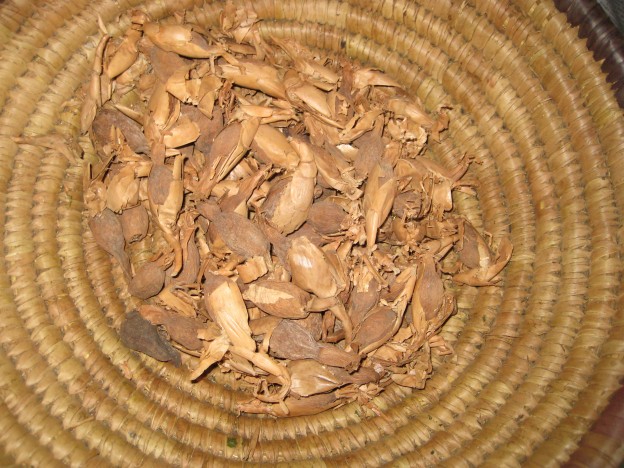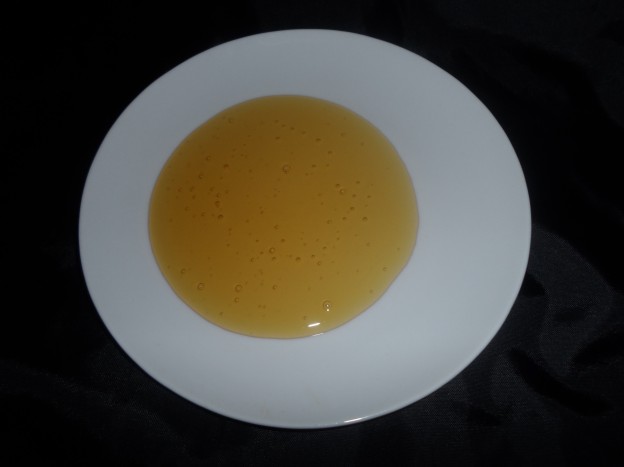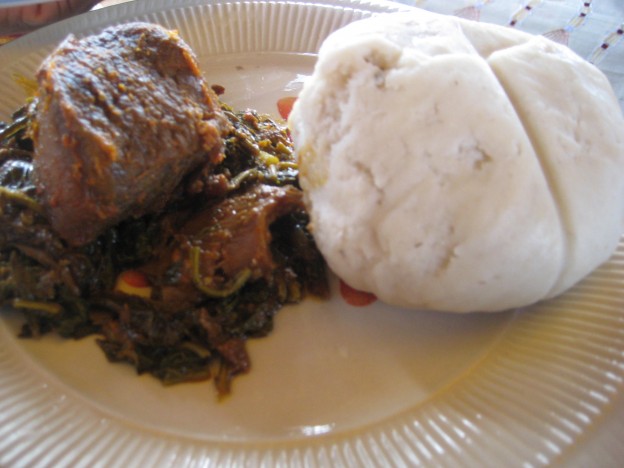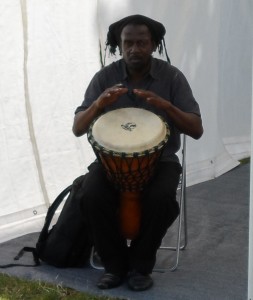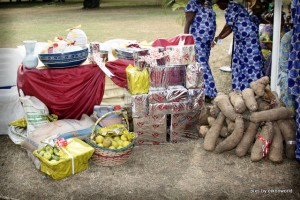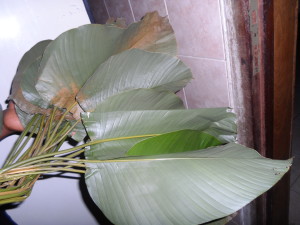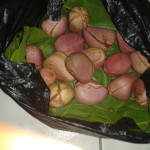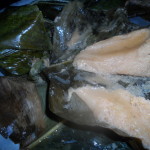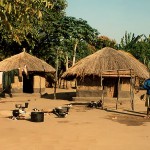Yorùbá ní “Bí ewé bá pẹ́ lára ọṣẹ, á dọṣẹ”,ọ̀rọ̀ yí bá ẹgbẹ́ Yorùbá ni Ìlúọba mu pàtàkì àwọn ti o ngbe ni Olú Ìlúọba. Títí di bi ọgbọ̀n ọdún sẹhin, àti rí oúnjẹ Yorùbá rà ṣọ̀wọ́n. Ní àpẹrẹ, àti ri adìẹ tó gbó rà lásìkò yi, à fi tí irú ẹni bẹ̃ bá lọ si òpópó Liverpool, ṣùgbọ́n ní ayé òde òni, kòsí agbègbè ti ènìà kò ti lè rí ọ̀pọ̀lọpọ̀ oúnjẹ Yorùbá ra.
Lati bi ogún ọdún sẹ́hin, Yorùbá ti pọ̀si nidi àtẹ oúnjẹ títà ni Olú Ìlúọba. Nitõtọ, oúnjẹ Yorùbá bi iṣu, epo pupa, èlùbọ́, gãri, ẹ̀wà pupa, sèmó, iyán, ẹran, adìẹ tógbó, ẹja àti bẹ̃bẹ wa ni àrọ́wọ́to lãdugbo. Ṣùgbọ́n, bí ènìà bá fẹ́ àwọn nkan bí ìgbín, panla, oriṣiriṣi ẹ̀fọ́ ìbílẹ̀, bọkọtọ̃, edé gbígbẹ àti bẹ̃bẹ lọ tí kòsí lãdugbo, á rí àwọn nkan wọnyi ra ni ọjà Dalston àti Kingsland fún àwọn ti o ngbe agbègbè Àríwá àti ọja Pekham fún àwọn ti o ngbe ni agbègbè Gũsu ni Olú Ìlúọba.
Àwòrán àwọn ọjà wọnyi a bẹrẹ pẹ̀lú, Ọja Dalston àti Kingsland. Ẹ fojú sọ́nà fún àwọn ọja yókù.
ENGLISH TRANSLATION
A Yoruba saying goes that “If a leaf is wrapped around the soap for too long, it will turn to soap” this adage is apt for Yoruba people living in the United Kingdom, particularly in London. About thirty years ago, it was difficult to source for Yoruba food in London. For example, to get old layer chickens, one had to go to Liverpool Street market, but nowadays, there is Yoruba food in every nook and cranny.



For about twenty years however, market stores managed by Yoruba people have been on the increase in London. Yoruba food stuff like: yam, palm oil, yam flour, brown beans, semovita, pounded yam, fresh meat, old layer chicken, fish is now common place in every neighbourhood. But for more delicacies such as: snail, various varieties of Nigerian vegetables, dry prawns and so on, that are not available in the neighbourhood stores, these can all be found at the Dalston and Kingsland Market in North London, and Pekham Market in South London.
This article is the first of a series and begins with pictures of Dalston and Kingsland Market. Check back later on @theyorubablog for the other markets.
Originally posted 2013-04-05 21:06:49. Republished by Blog Post Promoter

